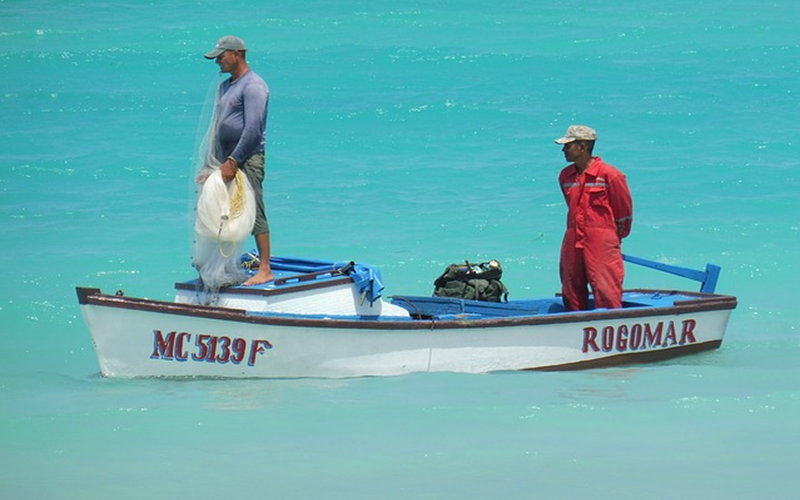Willis and Rare launch parametric insurance solution for Philippines’ small-scale fishers
- July 30, 2025
- Posted by: Saumya Jain
- Category: Insurance

The Government of the Philippines’ Bureau of Fisheries and Aquatic Resources (BFAR) and the Philippine Crop Insurance Corporation (PCIC), have partnered with global conservation organisation Rare and insurance broker Willis, a WTW business, to launch the country’s first parametric insurance solution for small-scale fishers.
The partnership insures the livelihoods of 14,200 small-scale fishers across 24 coastal municipalities in the Philippines, with a policy designed to mitigate income losses resulting from extreme weather conditions, which hinder safe fishing in nearshore waters.
With changing weather patterns, the national priority for the Government of the Philippines is protecting the livelihoods of small-scale fishers. BFAR is piloting this coverage as a benefit to fisher registration and serves as the policyholder.
BFAR will also offer this parametric insurance coverage to small-scale fishers as a benefit for commitment to sustainable fishing practices. It has allocated a portion of its budget to fund the premium costs for this pilot, demonstrating strong government support for innovative approaches to climate risk. The coverage will provide up to USD 100 per policy cycle to help offset income loss from dangerous weather.
The solution utilises a parametric index that is calculated over five-day periods and compared against historical data to determine the ‘severity’ of the weather relative to expected conditions.
Roy Ortega, BFAR, who also leads the Technical Working Group on Parametric Insurance, said, “This is not just insurance, it is an investment in our fishers. We’re protecting those who protect our seas.”
Additionally, the project has been developed with support from the Ocean Risk and Resilience Action Alliance (ORRAA) and funded by the Government of Canada and the UK Government’s Blue Planet Fund.
The parametric risk transfer capacity is provided by The Natural Disaster Fund, a public-private partnership between the UK and German Governments and supported by Hannover Re and managed by the team from Global Parametrics Limited (a subsidiary of CelsiusPro Group specialising in parametric protection against climate and natural disaster risks), explained the pair.
Dr Christopher Au, Head, APAC Climate Risk Centre, Willis, said, “With over 1.9 million registered small-scale fishers relying on the nearshore for their livelihoods, the impacts of climate change, such as high winds, rough seas and heavy rainfall, pose increasing risks to their safety and income. The new insurance solution, the first of its kind in the Philippines, uses a weather index based on wind speed, sea state and rainfall to determine payout eligibility, ensuring timely and direct compensation to fishers when fishing days are lost.”
“Bad weather can cause serious hardship for fishing households throughout the tropics. This pilot takes a proven product-parametric insurance and applies it to a new context, insuring people rather than assets. The result will be less financial pressure on households, less fishing pressure on ecosystems, and more resilient coastal communities,” added Brett Jenks, Chief Executive Officer of Rare.
Chip Cunliffe, Senior Director, Innovation and Pipeline Development, ORRAA, said, “As climate change intensifies and weather patterns become increasingly unpredictable, small-scale fishers face mounting risks to their safety and livelihoods. This partnership represents a vital step in building market-ready solutions that deliver innovative financial solutions like parametric insurance to help protect income and build the resilience of climate-vulnerable coastal communities in the Philippines.”
“This is an important first for PCIC as we explore revenue-based parametric insurance for fishers. We see this as a complement to our existing coverage, offering a faster, data-triggered option that can respond when fishers are unable to go to sea. If the pilot proves successful, we are hopeful it can evolve into a nationally scalable tool for protecting coastal livelihoods,” concluded Israel Q. De La Cruz, Department Manager, PCIC, who is directly involved in the pilot.



